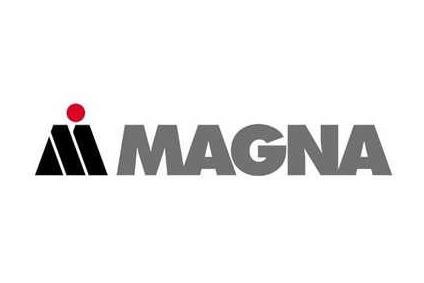
Magna Automotive Rus purchasing says localising in Russia has an element of being ‘hostage to its Soviet past’ as the country looks to reduce its dependence on overseas imports.
The supplier, specialising in producing plastic parts, describes its efforts to localise as “serious work,” highlighting the fact it brought in 7,000t of components in 2013, with this figure now being slashed to just 2,000t.

Discover B2B Marketing That Performs
Combine business intelligence and editorial excellence to reach engaged professionals across 36 leading media platforms.
“We have been continuously increasing the number of suppliers, but we are hostages to our Soviet past,” said Magna Automotive Rus head of purchasing, Andrey Dmitriev at the recent Russian Automotive Forum organised by Adam Smith Conferences in Moscow. “Tanks do not have bumpers, therefore there are very few manufacturers which make large stamping forms.
“In 2018 we plan to localise materials for 16 parts. It does not seem like a lot, but this is serious work. We work with all manufacturers of composite materials – there is subjective nuance.”
Factors which Magna Rus highlights as particular to the Russian market include:
- Smaller volumes of projects especially compared to global European projects
- Long validation
- Different requirements of OEMs
- Not stable quality of localised materials
- High OEM expectation versus short period of localised materials validation
“I am not blaming local suppliers – it is because of volume,” added Dmitriev.
“It is one thing to put out tens of thousands of tonnes of product, but if your volume is small and you only order 50t-100t, quality is changing unexpectedly from one run to another.”
I think we had two dies produced locally and now the focus is shifting to Asia.
“We order a lot from China and have a lot of trusted partners [there]. For big tooling items we have our own tooling facility and last year we produced our first small die. What we can’t source locally we try to make in-house.
“A few people believe local suppliers could make it. We had to monitor what they did continuously. We had some bad experiences in the past and we hope we won’t see more in the future.”
Addressing the same conference in Moscow, PCMA Rus (the joint venture between PSA Peugeot Citroen and Mitsubishi Motors) head of purchasing, Alexander Smolyankin, said he detected signs of “thaw” in the economic snow which has lain across Russia for so long.
The deep freeze is now starting to melt considerably as the auto sector powers back, although with the caveat it is trying to make up for four consecutive years of falls.
PCMA Rus has doubled its supplier base with localisation now accounting for 40% of its work and is currently seeking component manufacturers capable of producing items such as powertrains and transmissions. The aim is to secure 10,000 items made in Russia, up from the current 6,000.






